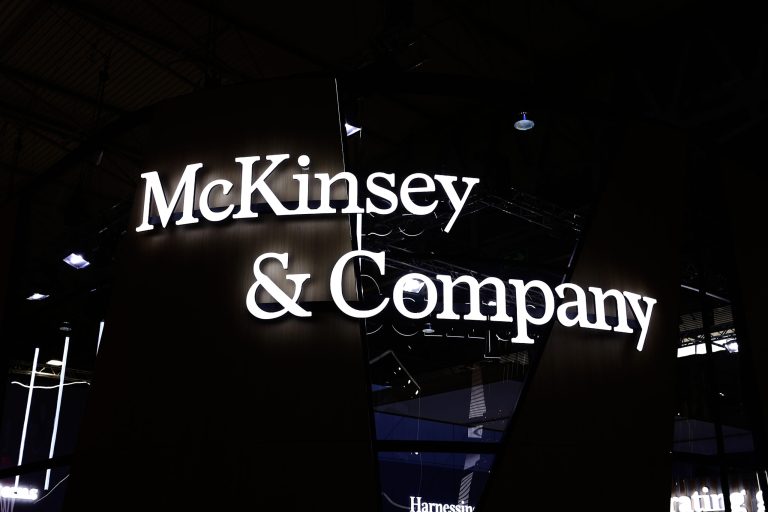McKinsey has quietly told its teams in mainland China to stop doing any consulting work related to generative AI.
The move reflects growing pressure from US officials and rising sensitivity around American firms working with advanced tech in China.
According to people familiar with the matter, this wasn’t just a routine compliance update; it’s a clear shift in how McKinsey is approaching its China business.
The US government has been increasing its scrutiny of companies operating in areas like AI and quantum computing, especially when those operations involve China.
That pressure appears to have reached a point where McKinsey felt it had to draw a hard line.
The new guidance applies across the board: no generative AI consulting projects in mainland China, even if the client is a foreign multinational.
That includes work involving large language models and anything tied to the types of tools that fall under tightening US export controls.
Navigating amid heightened geopolitical tensions
It’s the latest example of how tricky things have become for global firms trying to navigate US-China tensions.
For a company like McKinsey, which operates in both markets and often advises on frontier tech, the risk of getting caught in the crosshairs is growing.
Internally, the shift has raised eyebrows, but there’s a recognition that the political landscape has changed, and the firm’s long-term presence in both countries depends on playing it safe for now.
That said, McKinsey isn’t pulling out of AI entirely in China.
The restriction only applies to generative AI, tools like large language models or image generators.
According to people familiar with the policy, the firm is still open to working with clients on older, more established forms of AI, like traditional machine learning, automation systems, and data analytics.
As long as the tech doesn’t fall into the “generative” bucket, which has drawn the most regulatory heat, McKinsey teams in China can still support those projects.
What it means for clients?
This new policy is expected to hit both multinational corporations operating in China and domestic firms that have been looking to integrate the latest AI tools into their business strategies.
Generative AI, known for its ability to create everything from text and images to code and simulations, has been a key focus in digital transformation efforts.
With McKinsey pulling back from this area in China, many companies may need to rethink how they approach high-level tech consulting.
McKinsey has more than 1,000 employees spread across six offices in China. Despite the change, the company says it’s still committed to supporting both global and local clients.
A spokesperson said McKinsey would continue to work with businesses under what it called the industry’s strictest client selection standards, adding that the firm is adjusting its practices to stay in step with changing regulations and the broader global climate.
The post McKinsey halts generative AI consultancy in China: what it means for clients appeared first on Invezz

